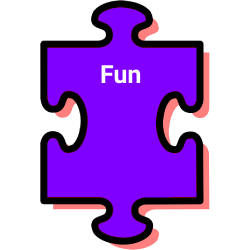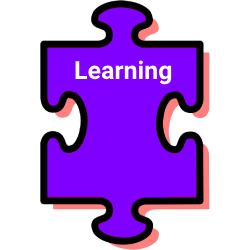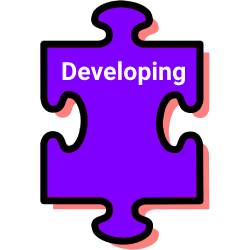Brand Value

Albert Einstein once said “Creativity is intelligence having fun!”. Children are at their creative best when they are having fun. Children are naturally curious and the natural tendency of children is to explore and experiment. Also, novelty acts like a magnet to satiate the curiosity of the children. The enthusiasm that children exhibit while playing games often makes their creative juices flow providing the right context for significant learning to happen and the absorption and retention of the same. Learning by Playing provides the right setting for the children to have fun, be imaginative and inventive and provides them the context to explore their natural curiosity and enthusiasm and experiment and collaborate among themselves and the end result is likely to be that the children will outdo themselves. This creativity in a group setting further enhances the entire group and compounds the learning of all the children.




Learning by Playing lays a strong foundation in children as the learning is absorbed and retained far better than via instructional mode of learning. In addition, as the play happens in a group setting, the children develop their social and cognitive skills. It is also likely to teach the children sportsmen spirit and the ability to handle winning and losing. Additionally, the children will not only gain from self-learning but also from peer and group learning. The compounding in terms of learning, social and cognitive skills together with working as a team and imbibing sportsmanship is more than likely to lead to all-round development in children and not only make them educated but also equip them with life skills. Thus, Learning by Playing lays a strong foundation for their individual growth and their contribution to the society in the future.
Brand Framework

